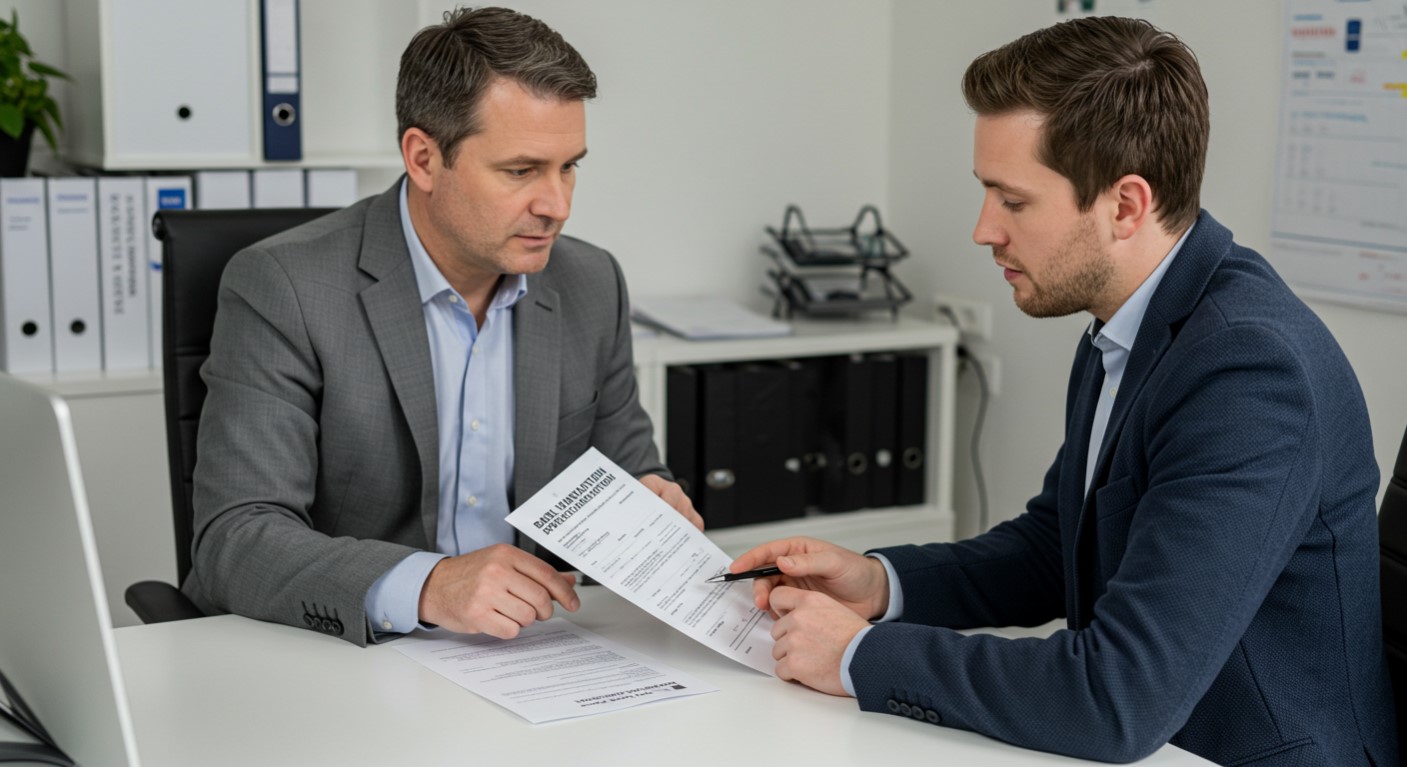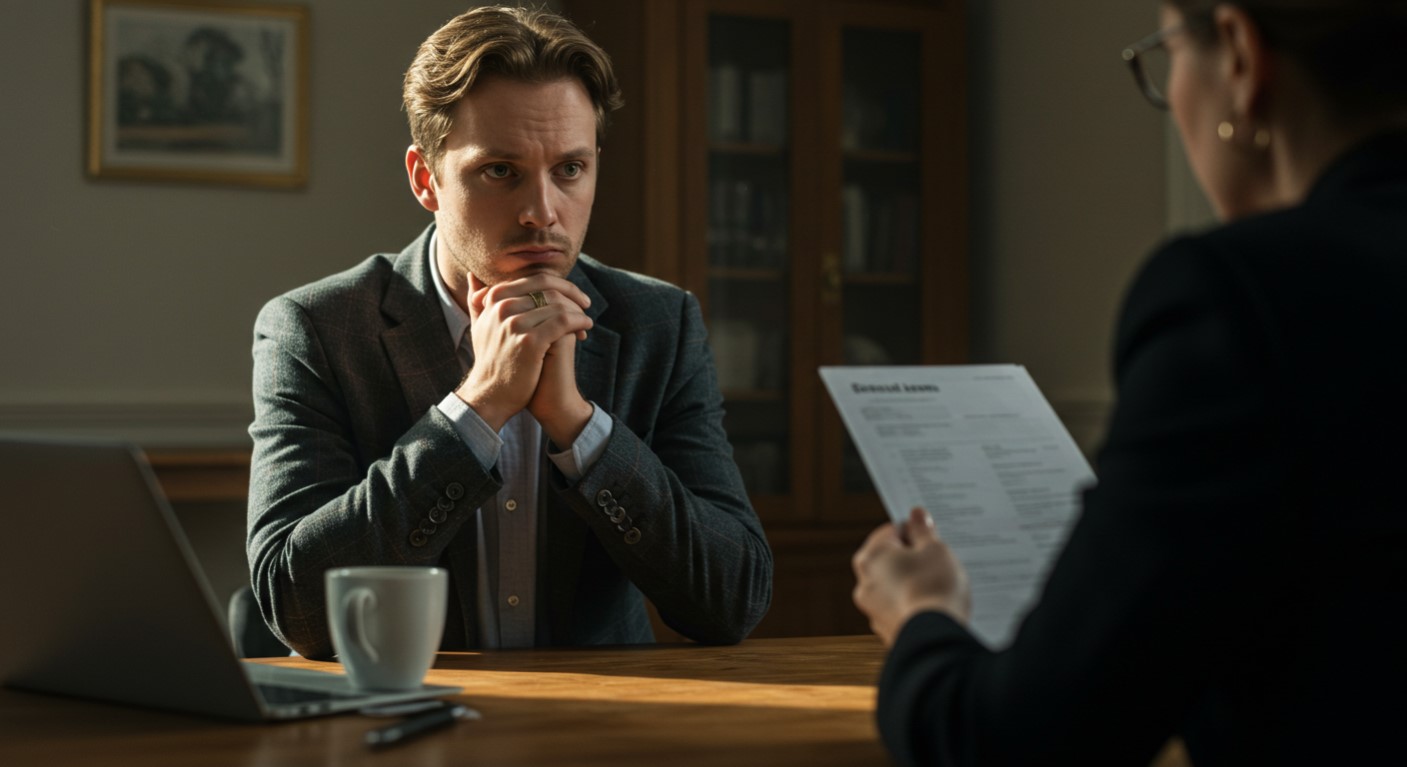Appealing a Driving Conviction in England: The Importance of Legal Advice

Appealing a Driving Conviction in England: The Importance of Legal Advice
Before appealing a driving conviction, it’s crucial to have a clear understanding of the grounds on which you can base your appeal. These grounds include:
- Procedural Errors: If there were any procedural errors during your original trial, such as mishandling of evidence, misinterpretation of the law, or failure to follow correct legal procedures, you may have grounds for appeal. Solicitors are skilled at identifying such errors and using them to build a strong case.
- New Evidence: If you have obtained new evidence that was not available during your initial trial and could potentially change the outcome of your case, this can be a compelling basis for appeal. Solicitors can help assess the relevance and admissibility of new evidence.
- Mistaken Identity: If you believe you were wrongly identified as the offender, you can appeal based on mistaken identity. Solicitors can help you gather evidence to support your claim of misidentification.
- Inadequate Legal Representation: If you feel that your legal representation during the original trial was inadequate or that your rights were not adequately protected, this can serve as a basis for appeal. Solicitors can evaluate whether your legal counsel during the initial trial met the necessary standards.
Initiating the Appeal Process

The process of appealing a driving conviction in England involves several key steps:
- File a Notice of Appeal: To initiate the appeal process, you must file a “Notice of Appeal” within 21 days of your original conviction. This notice formally notifies the court of your intention to appeal and should outline the grounds for your appeal.
- Obtain Legal Representation: One of the most critical steps when appealing a driving conviction is seeking legal advice and retaining the services of a solicitor who specialises in driving offence appeals. A solicitor is well-versed in the intricacies of driving law and will be your guide throughout the appeal process.
- Preparation and Gathering Evidence: Working closely with your solicitor, you will begin the process of preparing your appeal. This includes gathering crucial evidence, such as documents, witness statements, and any new evidence that may support your case. Your solicitor will help you compile a comprehensive case file.
- Appeal Hearing: Your appeal will be scheduled for a hearing before a higher court, often the Crown Court, depending on the seriousness of the offence. During the appeal hearing, both the prosecution and your solicitor will present arguments, call witnesses if necessary, and make submissions to the judge. The judge will then decide your appeal.
The Role of a Solicitor in Your Appeal

The role of a solicitor in your appeal cannot be overstated. Here’s how a solicitor can significantly impact the outcome of your appeal:
- Legal Expertise: Solicitors who specialise in driving offence appeals have in-depth knowledge of the law and legal procedures related to such cases. They can pinpoint potential errors, inconsistencies, or irregularities in your case that may not be apparent to a layperson.
- Case Assessment: Your solicitor will conduct a thorough review of the details of your case to assess the strength of your appeal. They will advise you on the likelihood of success and the best course of action. This initial evaluation is critical in determining whether pursuing an appeal is a viable option.
- Evidence Collection: Solicitors are experienced in gathering and presenting evidence effectively. They will work with you to obtain witness statements, medical reports, or any new evidence that can support your case. Their expertise in evidence collection can be instrumental in building a compelling case.
- Legal Representation: During the appeal hearing, your solicitor will provide expert legal representation on your behalf. They will present your case, cross-examine witnesses, and argue persuasively in court, increasing your chances of a successful appeal.
- Understanding Complex Procedures: The appeal process can be complex and intimidating for those unfamiliar with legal proceedings. Solicitors have the experience and knowledge to guide you through each step, ensuring that you meet all deadlines, adhere to procedural requirements, and navigate the legal system effectively.
- Negotiation: In some cases, solicitors may negotiate with the prosecution to reach an agreement with an alternative plea that reduces the severity of your conviction or penalty. Their negotiation skills can be invaluable in securing a more favourable outcome.
The Importance of Legal Advice

In conclusion, appealing a driving conviction in England is a legal process that requires meticulous preparation, expertise, and legal representation. The importance of seeking advice from a solicitor cannot be overstated for the following reasons:
- Legal Expertise: Solicitors possess a deep understanding of driving laws, legal procedures, and case strategies that are essential for a successful appeal.
- Case Assessment: They can evaluate the merits of your appeal, identify errors, and determine the likelihood of success.
- Evidence Collection: Solicitors have the skills to gather, present, and interpret evidence effectively, including any new evidence that supports your case.
- Legal Representation: During the appeal hearing, your solicitor will provide expert representation, advocating for your rights and interests.
- Navigating Complex Procedures: Solicitors guide you through the complex appeal process, ensuring you meet all requirements and deadlines.
- Negotiation: They can negotiate with the prosecution to potentially secure a more favourable outcome.
Appealing a driving conviction is a critical endeavour, as it can significantly impact your future. The expertise and guidance of a solicitor can make a substantial difference in the outcome of your appeal, potentially leading to a more just and fair resolution of your case.
Seeking legal advice is the first and most important step to protect your rights and work toward a favourable resolution when appealing a driving conviction in England.
Notice: Informational Content Disclaimer
The content provided on this website, including articles, blog posts, and other informational materials, is intended for general informational purposes only. It is not intended as, and should not be considered, legal advice.
Visitors to this website should be aware that the information presented here is not a substitute for seeking legal advice from a qualified solicitor or legal professional. Each individual's legal situation is unique, and the information provided may not be applicable to specific circumstances.
If you require legal advice or have specific legal questions, we encourage you to contact us directly. Our experienced team of solicitors is here to assist you with your legal needs and provide tailored advice to address your concerns.
Please be advised that any communication through this website, including the use of contact forms or email, does not create a solicitor-client relationship. Confidential or time-sensitive information should not be sent through this website. To establish a solicitor-client relationship and discuss your legal matters in detail, please contact us for a consultation.
We strive to provide accurate and up-to-date information, but we make no representations or warranties regarding the accuracy, completeness, or suitability of the information contained on this website. We shall not be liable for any reliance placed on the information provided herein.
Thank you for visiting our website. We look forward to the opportunity to assist you with your legal needs.




